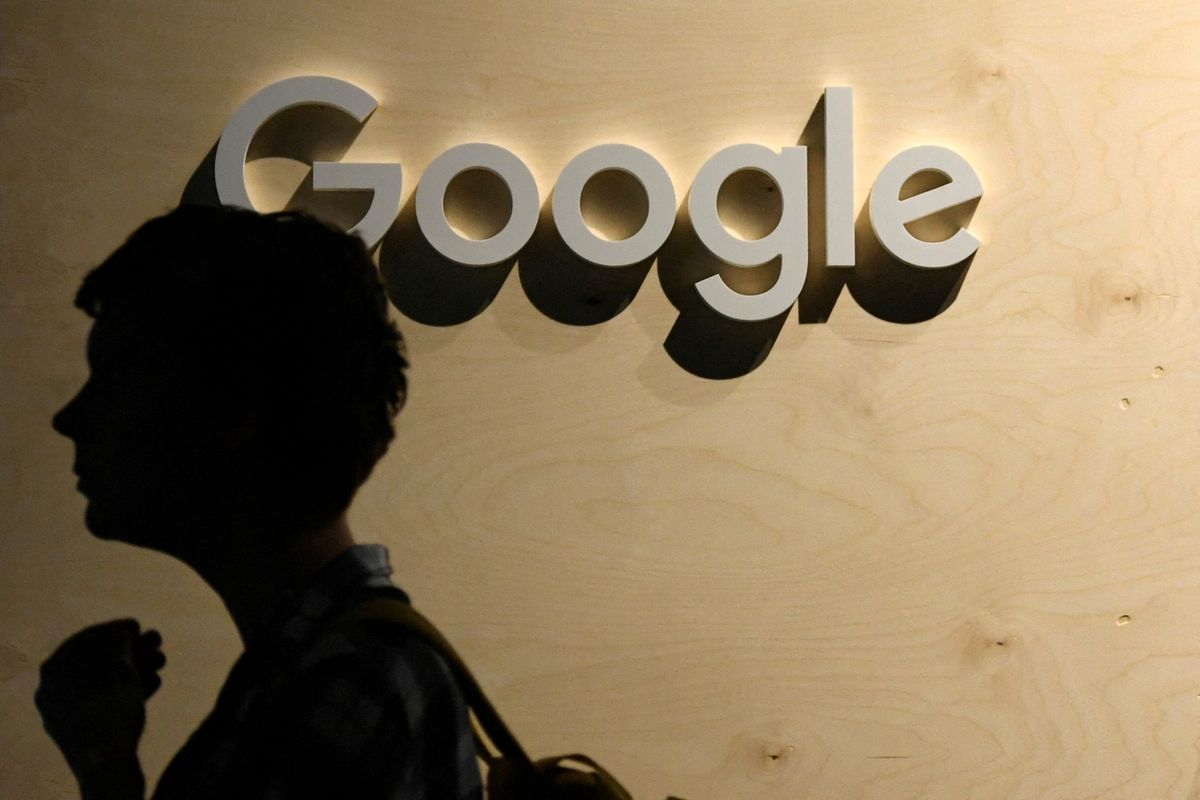Google’s updates to its privacy tools
With the internet these days, it can sometimes be a little too easy for your personal info to be found.

A few minutes every morning is all you need.
Stay up to date on the world's Headlines and Human Stories. It's fun, it's factual, it's fluff-free.
Have you ever wanted to be a little more off-grid? With the internet these days, it can sometimes be a little too easy for your personal info to be found. In fact, details like your phone number, email or address can sometimes be found on the first page of a basic Google search. With Google being the most popular search engine in the world – having about 83% of the search market – it might be too easy for some of your private info to get into the wrong hands.
Well, now, it doesn’t have to be like that. Google recently rolled out some updates to its privacy tools.
Google first featured an option to request material be removed from search results in 2022, but users have complained for years that the removal process is flawed and slow. In August, it announced updates to its “Results about you” tool to make that process more straightforward, accessible and well-timed.
“We’ve significantly updated and improved the tool, helping you keep track of your personal contact information in Search and alerting you when we find it, so you can get it removed,” Google said in a blog.
Once set up, this tool notifies users when a new search result is added with certain details included. Users can then flag any of these new results that they want removed from Google Search. Note: this doesn’t remove the information itself from the internet – just from Google’s search results. Google said the tool is currently only available in the US, but it’s looking to roll it out in other locations and languages soon – so we’ll keep our eyes on that.
Another tool to help safeguard people from accidentally coming across some explicit imagery while searching is the SafeSearch tool. This will automatically blue graphic, violent or adult content while you’re searching unless you turn off the feature. It can also be locked by network admins or schools to prevent users from disabling the protection. The company also improved its policies for users to remove non-consensual explicit imagery from Google search results.




Comments ()